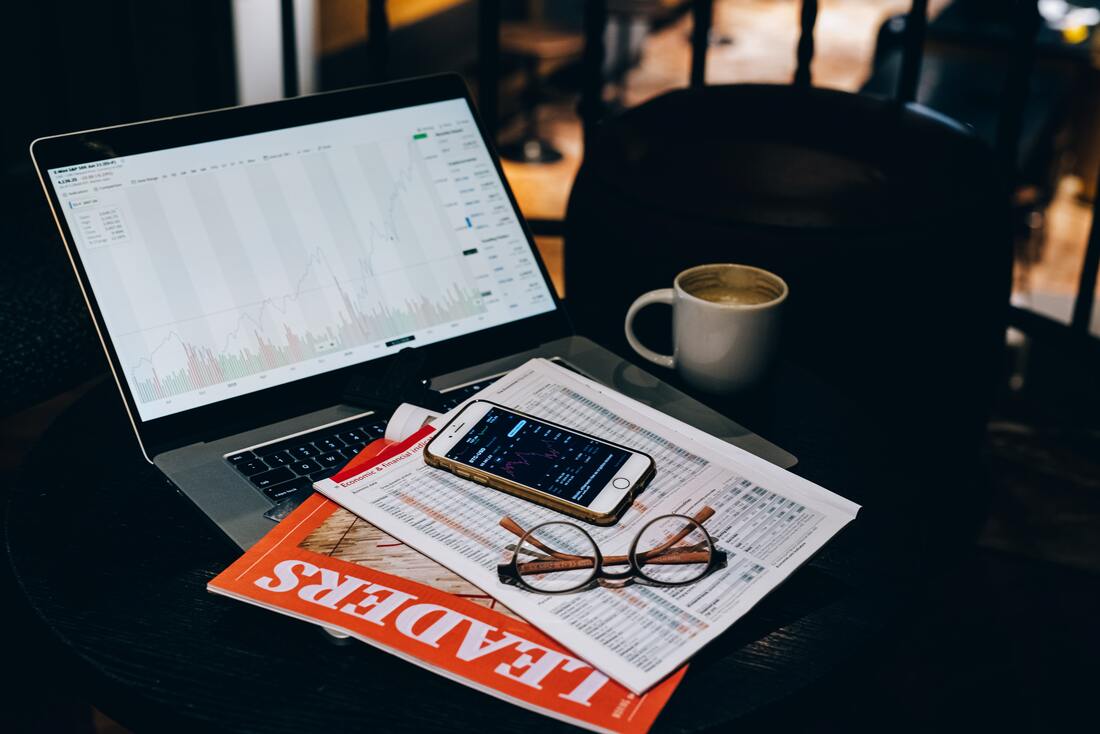Personal Development, Business, Finance, and Investing for Everyone
An investment in knowledge always pays the best interest.
|
What can we learn from stock market crashes? The Dot-Com Bubble Crash
What happened: Early 1990s: Growth of the World Wide Web (WWW) Early 2000: Internet companies were overvalued 2000 - 20002: Markets crashed and consistently fell. The takeaway: There's no replacement for fundamental analysis. The 2008 Financial Crisis What happened: U.S. financial institutions gave out massive loans. Many borrowers were sub premium-with low credit scores. The financial institutions also traded credit default swaps. Upon loan default, these institutions suffered massive losses. The economy goes into recession and enters the second worst bear market. The takeaway: All stock market sectors are deeply interlinked. Failure of one sector has a cascading effect on others. Non-Performing Assets in the Banking Sector What happened: 2015: Non-Performing Assets (NPAs) in Indian banks were rising. November 2015 to February 2016: Institutional investors pulled out around Rs. 17,000 crores. February 2016: Bombay Stock Exchange (BSE) lost around 1607 points. The takeaway: Portfolio diversification is crucial. Systematic diversification can minimize the impact of a crash. The 9/11 Crash What happened: September 11, 2000: Four coordinated terrorist attacks in New York City. A lost of over $40 billion for the insurance sector. Massive sell-offs in the U.S. and global stock markets. The takeaway: Lump sum investing can be a costly mistake in case of an unexpected crash. The Chinese Currency Effect What happened: Yuan, the Chinese currency, grew popular among currency traders. 2015: The People's Bank of China devalued its currency thrice, consecutively. The Yuan-weakened against the U.S. Dollar. The takeaway: It is important to pay attention to currency risk. The currency market and the stock market are more closely related than we know. COVID-19 Crash What happened: Early 2020: The COVID-19 pandemic broke out. Bear market run began in the global market Investors panicked and sold off their holdings. On March 11, 2020, the Dow Jones Industrial Average (DJIA) entered a bear market for the first time in 11 years due to the pandemic. The takeaway: Assess the underlying cause before giving into the selling pressure created by the bear market.
0 Comments
Leave a Reply. |
PLACE YOUR ADS HERE YOUR PAYDAY REMINDER FEATURED PARTNER FEATURED PROMOTIONS FEATURED MENTIONS PLACE YOUR ADS HERE PLACE YOUR ADS HERE For more updates about Personal Development, Financial and Investment Education. Join and Subscribe to my Newsletter. It's FREE! ABOUT THE BLOGGERHi, I'm Ralph Gregore Masalihit! An RFP Graduate (Registered Financial Planner Institute - Philippines). A Personal Finance Advocate. An I.T. by Profession. An Investor. Business Minded. An Introvert. A Photography Enthusiast. A Travel and Personal Finance Blogger (Lakbay Diwa and Kuripot Pinoy). Currently, I'm working my way toward time and financial freedom. PLACE YOUR ADS HERE Follow me on |












